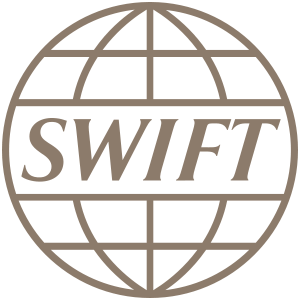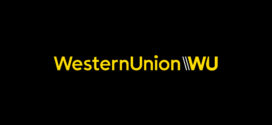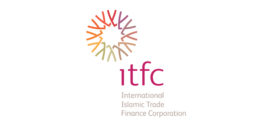Proof of Concept launched to determine if distributed ledger technology could help banks reconcile their nostro databases in real time
 Brussels, 12 January 2017 – SWIFT announces the launch of a Proof of Concept (PoC) to explore whether distributed ledger technology (DLT) can be used by banks to improve the reconciliation of their nostro databases in real time, optimising their global liquidity.
Brussels, 12 January 2017 – SWIFT announces the launch of a Proof of Concept (PoC) to explore whether distributed ledger technology (DLT) can be used by banks to improve the reconciliation of their nostro databases in real time, optimising their global liquidity.
Under the current correspondent banking model, banks need to monitor the funds in their overseas accounts via debit and credit updates and end-of-day statements. The maintenance and operational work involved represents a significant portion of the cost of making cross-border payments. This PoC will test whether distributed ledgers may be able to help banks reconcile those nostro accounts more efficiently and in real time, lowering costs and operational risk.
As part of SWIFT’s global payments innovation (gpi) initiative, which seeks to deliver a new standard in cross-border payments, the new PoC was scoped in collaboration with leading correspondent banks. SWIFT gpi member banks can apply to participate in this PoC, set to launch in early 2017.
“Whilst existing DLTs are not currently mature enough for cross-border payments,[1] this technology, bolstered by some additional features from SWIFT, may be interesting for the associated account reconciliation,” says Wim Raymaekers, Head of Banking Market and SWIFT gpi at SWIFT. “This PoC gives us the opportunity to test DLT and determine if it can be applied to this particular use case.”
A number of government and private institutions in the Arab region have already announced the proposed adoption of Digital Ledger Technology, or blockchain. In the UAE for example, the Dubai government has launched a blockchain strategy for 2020. Several banks and telecommunications companies have also unveiled pilot DLT programmes.
Khaled Moharem, Head of Middle East & North Africa at SWIFT, said: “The region has proven to be an early adopter of new technologies and SWIFT is looking forward to working with local banks, financial institutions and companies as part of the cooperative’s global payments innovation (gpi) initiative to deliver new standards in cross-border payments.”
SWIFT will deploy open-source Hyperledger[2] technology, and combine it with key SWIFT assets to bring it in line with the financial industry’s requirements. Using a private blockchain in a closed user group environment, with specific user profiles and strong data controls, user privileges and data access will be strictly governed.
Damien Vanderveken, Head of R&D, SWIFTLabs and User Experience at SWIFT, adds: “SWIFT will leverage its strong governance, PKI security scheme, BIC legal identifier framework and liquidity standards expertise to deliver a distinctive DLT PoC platform for the benefit of its community.”
SWIFT gpi was launched in December 2015 to deliver a new standard in cross-border payments. With more than 90 banks signed up, representing more than 75 percent of SWIFT’s cross-border payments traffic, the initiative has seen tremendous industry support and is set to go live in early 2017.
To learn more, visit swift.com/gpi.
-####-
About SWIFT
SWIFT is a global member-owned cooperative and the world’s leading provider of secure financial messaging services. We provide our community with a platform for messaging, standards for communicating and we offer products and services to facilitate access and integration; identification, analysis and financial crime compliance. Our messaging platform, products and services connect more than 11,000 banking and securities organisations, market infrastructures and corporate customers in more than 200 countries and territories, enabling them to communicate securely and exchange standardised financial messages in a reliable way. As their trusted provider, we facilitate global and local financial flows, support trade and commerce all around the world; we relentlessly pursue operational excellence and continually seek ways to lower costs, reduce risks and eliminate operational inefficiencies. Headquartered in Belgium, SWIFT’s international governance and oversight reinforces the neutral, global character of its cooperative structure. SWIFT’s global office network ensures an active presence in all the major financial centres.
For more information, visit www.swift.com or follow us on Twitter: @swiftcommunity and LinkedIn: SWIFT
[1] See SWIFT’s position paper on DLT, April 2016, available from swift.com
[2] SWIFT is a founding and board member of the Hyperledger project
 Cash And Trade Magazine For Cash and Trade professionals in the Middle East
Cash And Trade Magazine For Cash and Trade professionals in the Middle East




